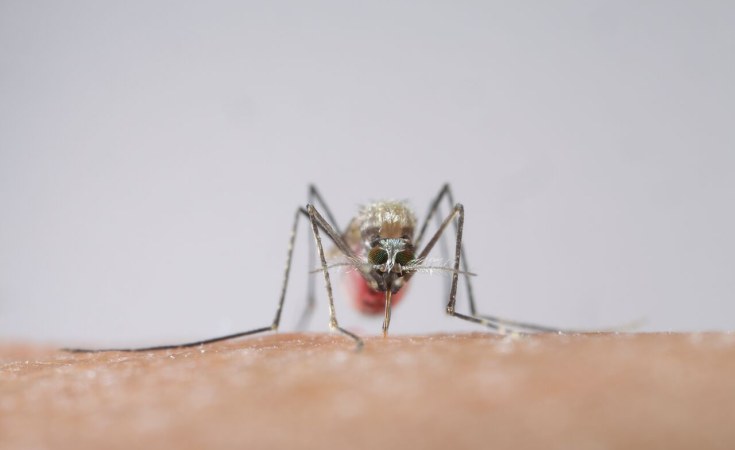Cape Town — The United Nations Office for the Coordination of Humanitarian Affairs (OCHA) reported that 5.7 million cases of malaria were recorded in Burundi in 2019, and with a population of just over 11 million, this is about half its population.
The disease has killed more than 1,800 people so far this year - close to the death toll of the deadly Ebola outbreak in neighbouring Democratic Republic of Congo. The government has not declared a national emergency, despite OCHA saying the outbreak crossed "epidemic proportions" in May.
OCHA said in its latest weekly bulletin on humanitarian emergencies: "The national malaria outbreak response plan, which is currently being validated, has highlighted a lack of human, logistical and financial resources for effective response."
An anonymous senior government official said that the government did not want to admit weakness with elections set for 2020, Al Jazeera reports. Tensions have been running high since President Pierre Nkurunziza said that he would run for a controversial third term in office.
Civil society organizations say the government and its affiliated agencies and forces, including the police, the National Intelligence Service (Service national de renseignement, or SNR), and the ruling CNDD-FDD party's youth league, the Imbonerakure, have been responsible for gross, widespread, and systematic human rights violations over the past four years, as well clamping down on freedom of expression.
The country declared a malaria epidemic in March 2017, when the country had recorded 1.8 million cases and 700 deaths but resisted doing the same now.


